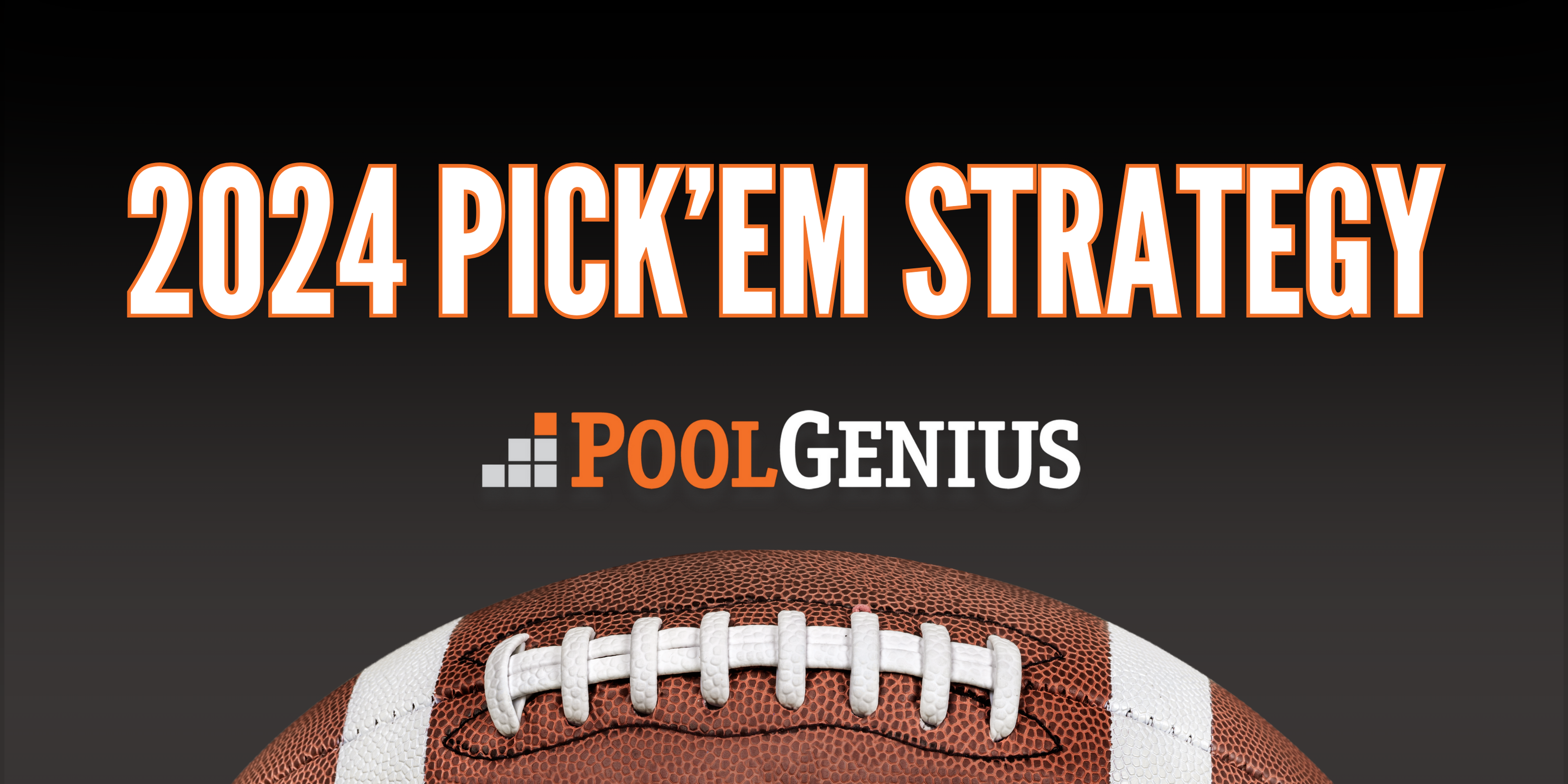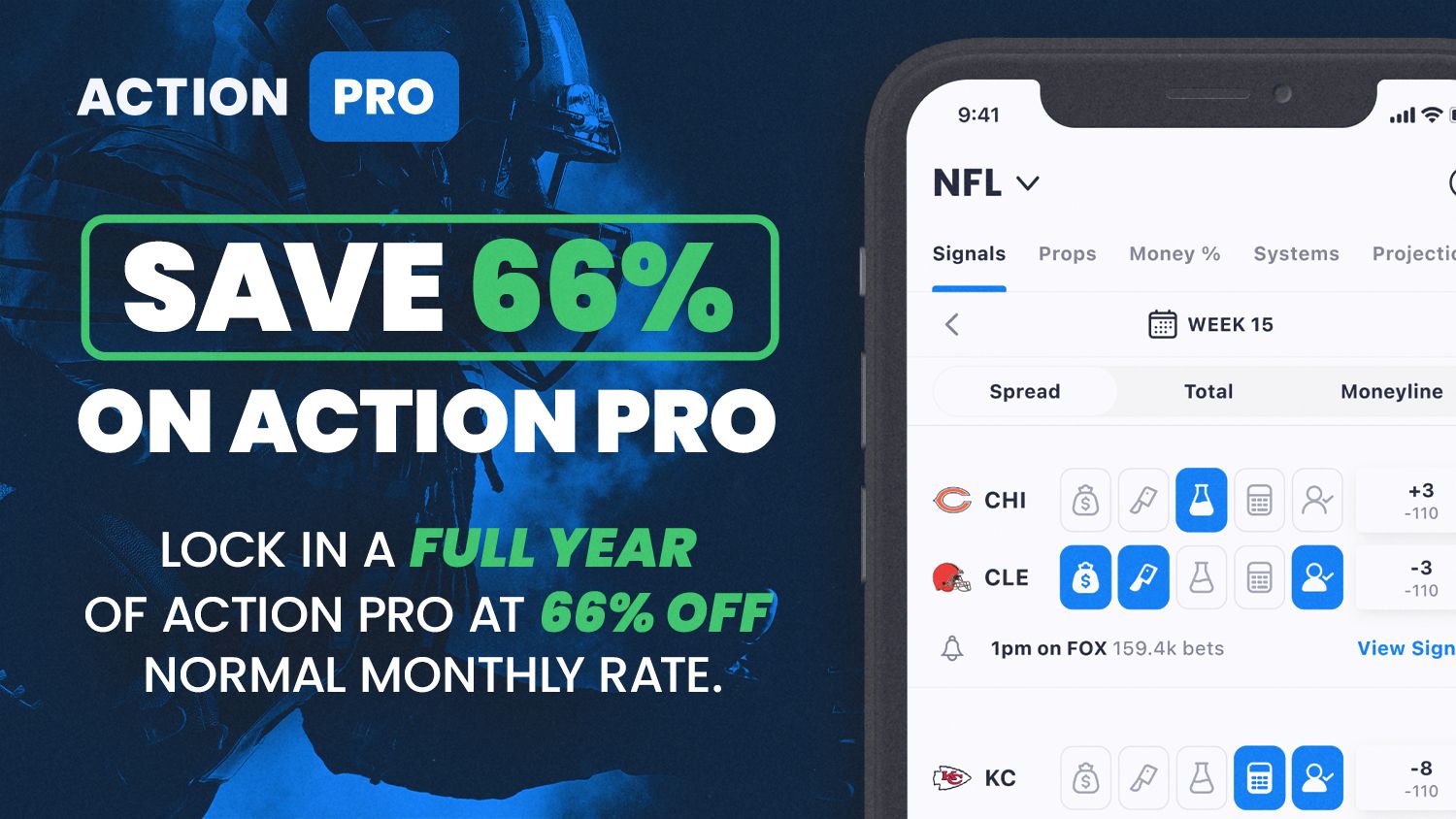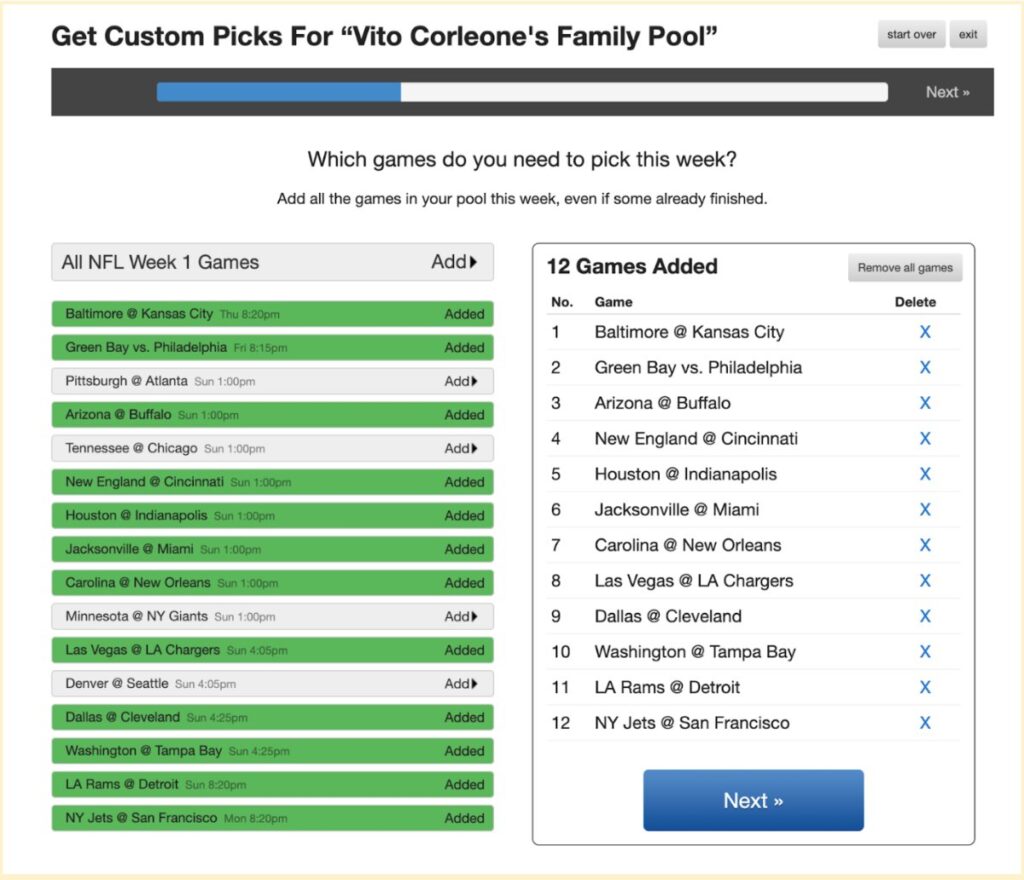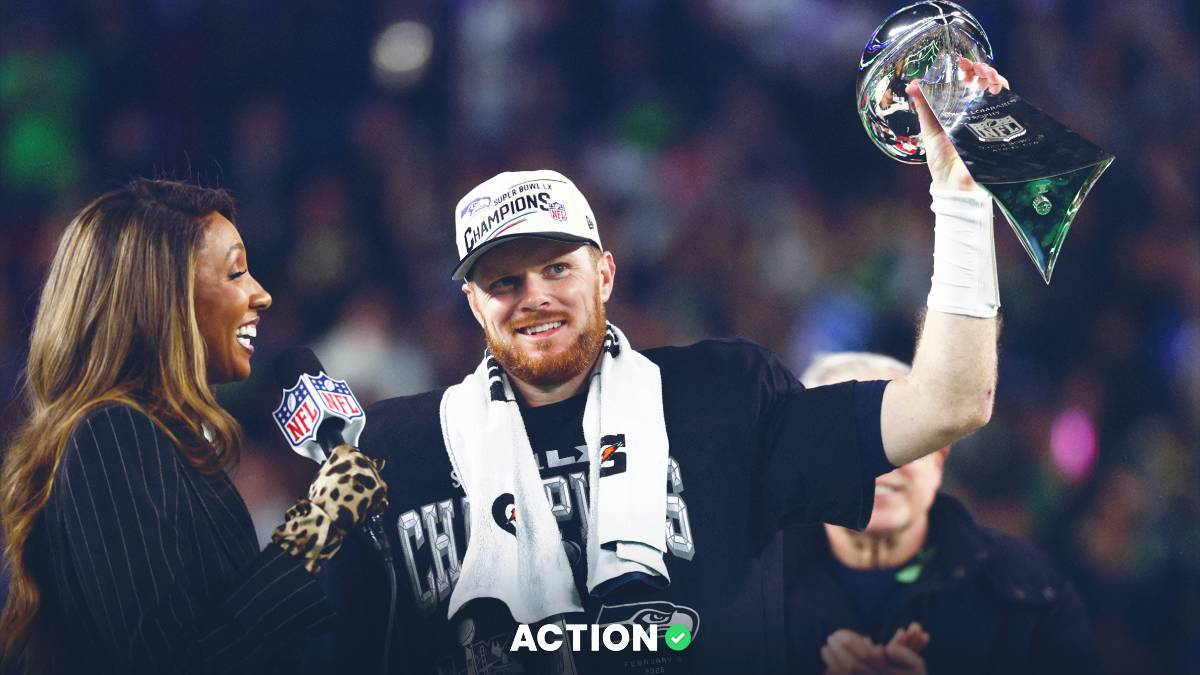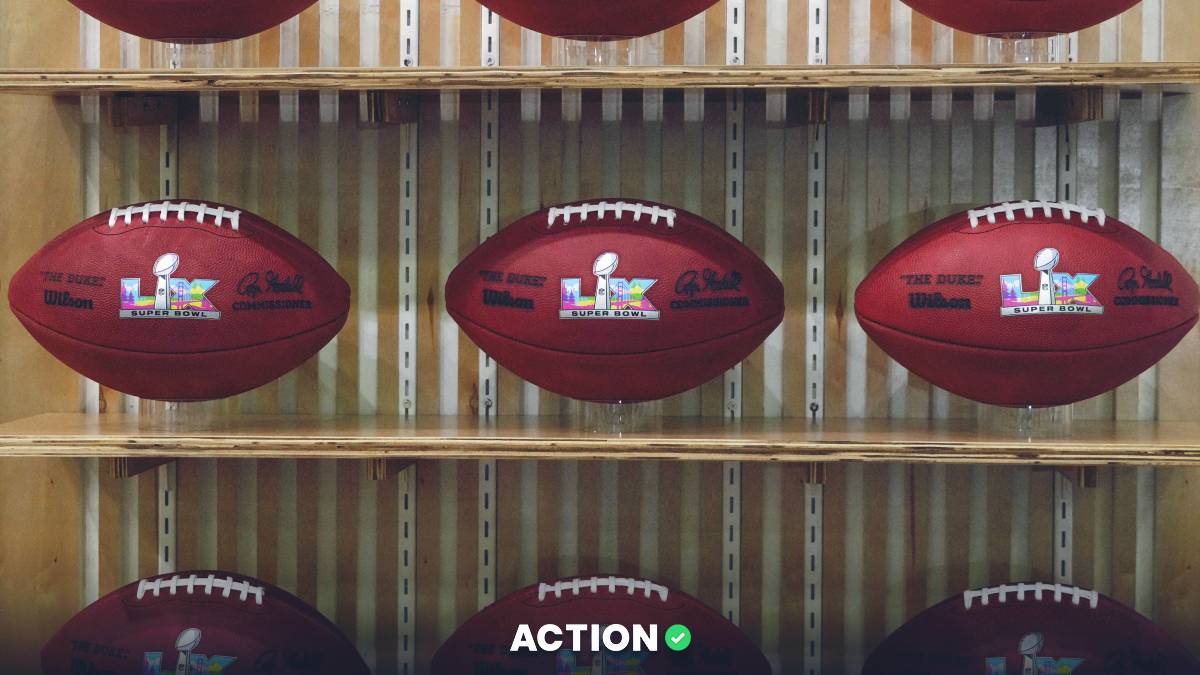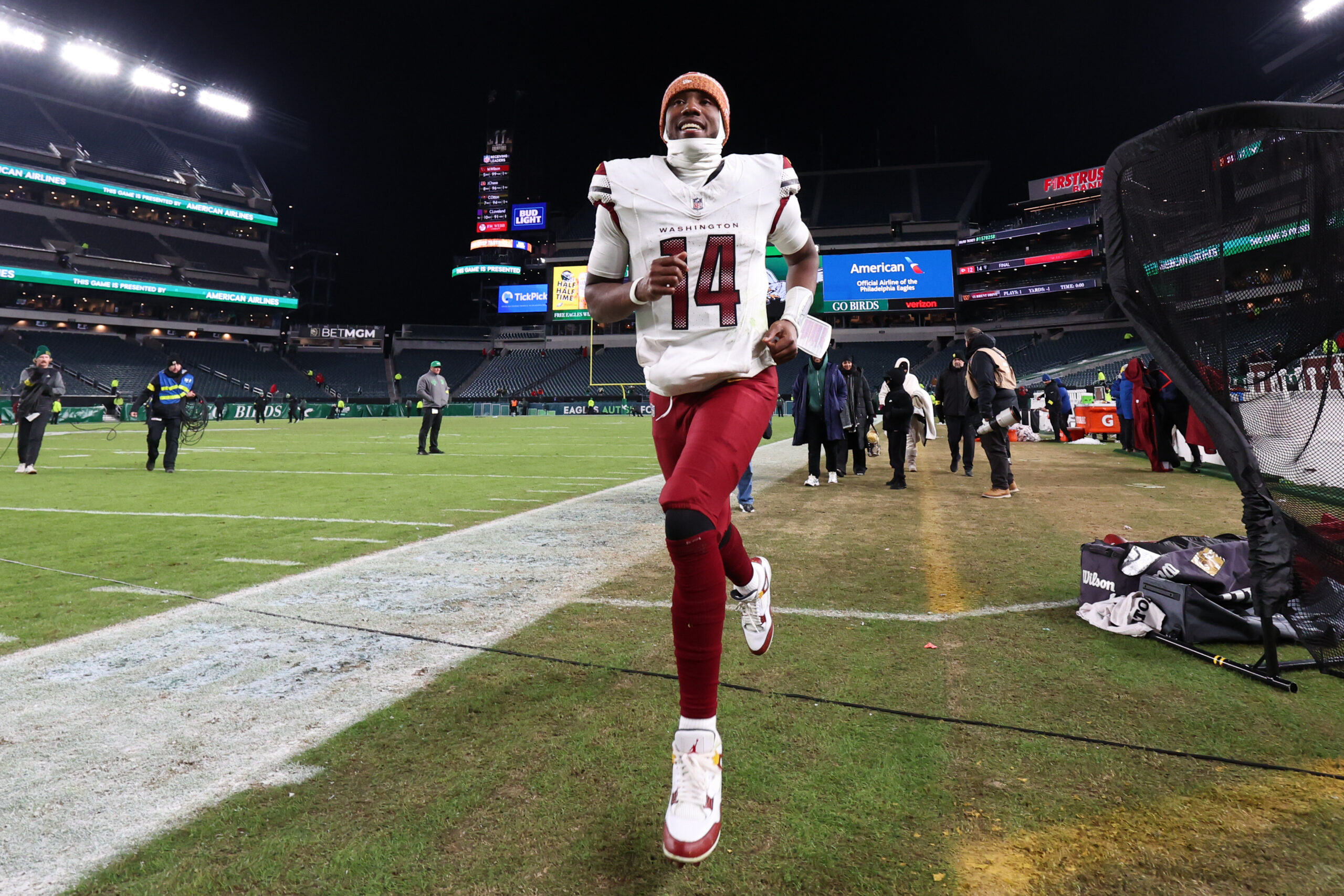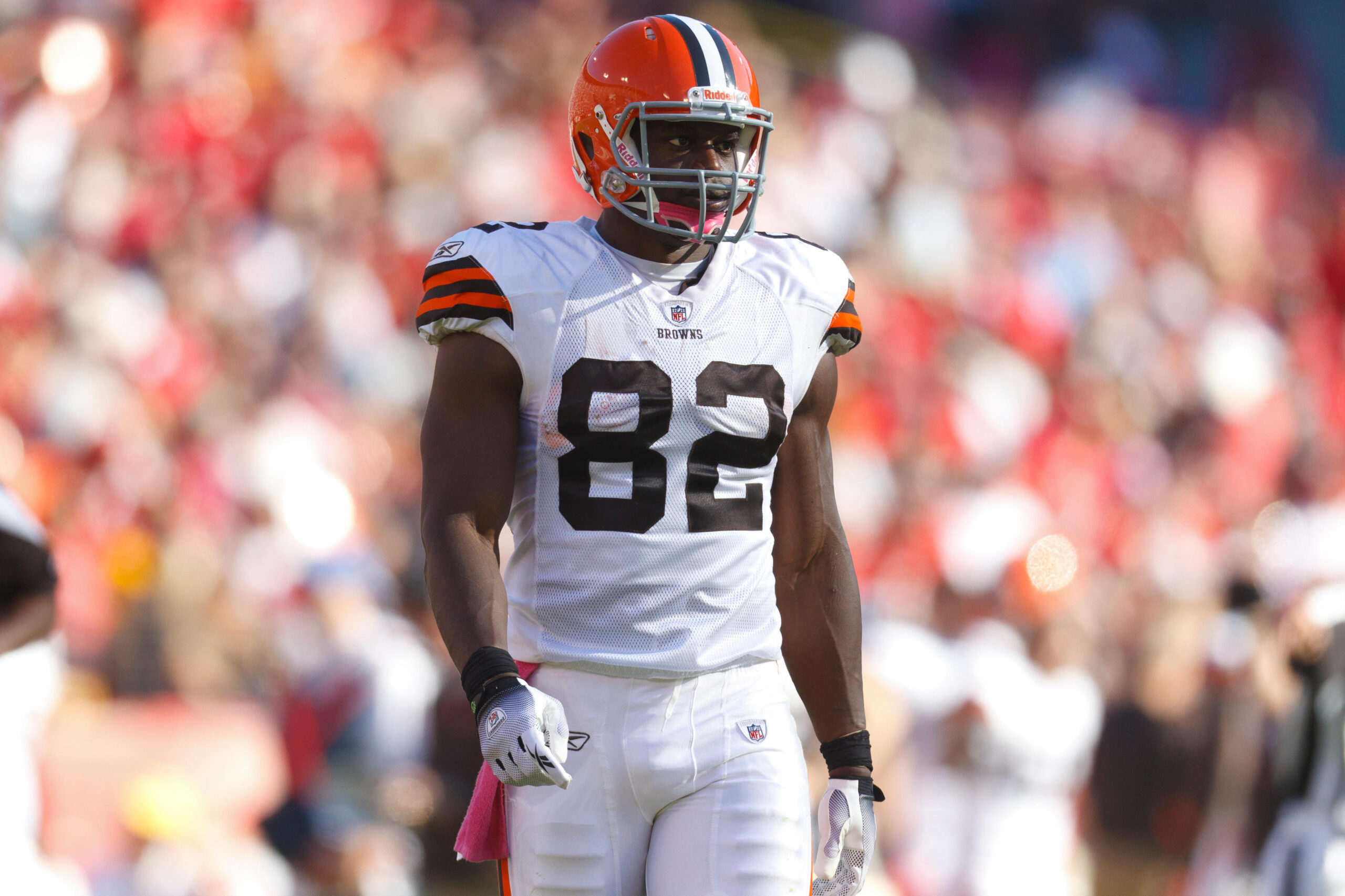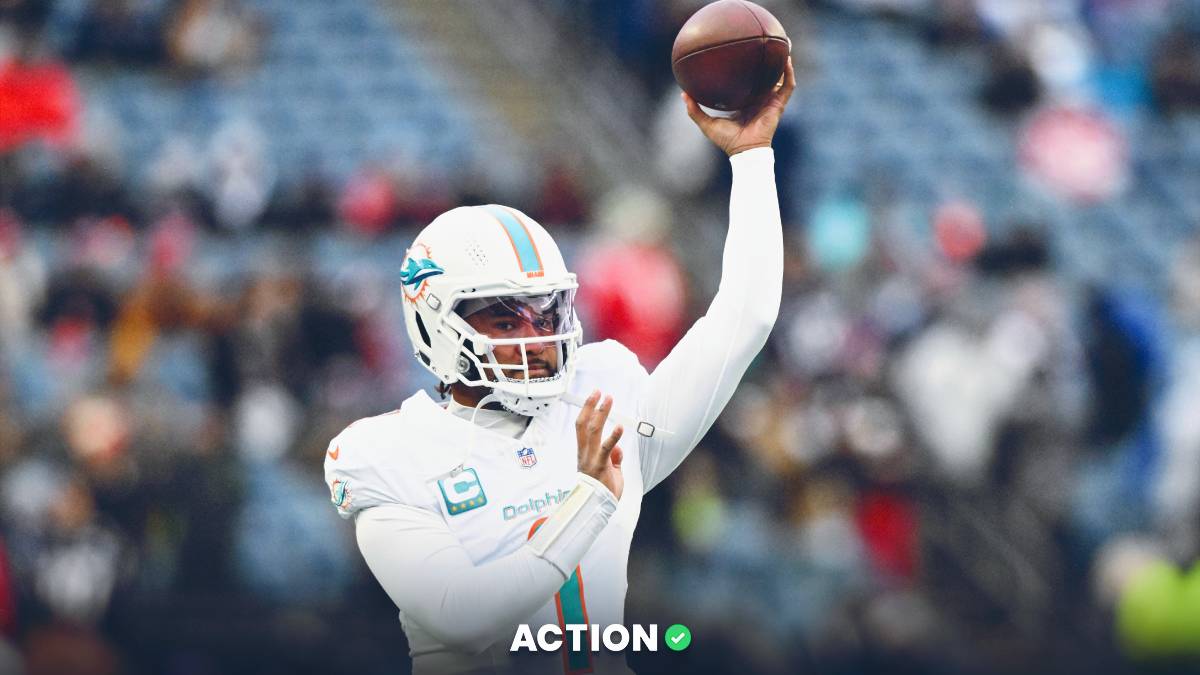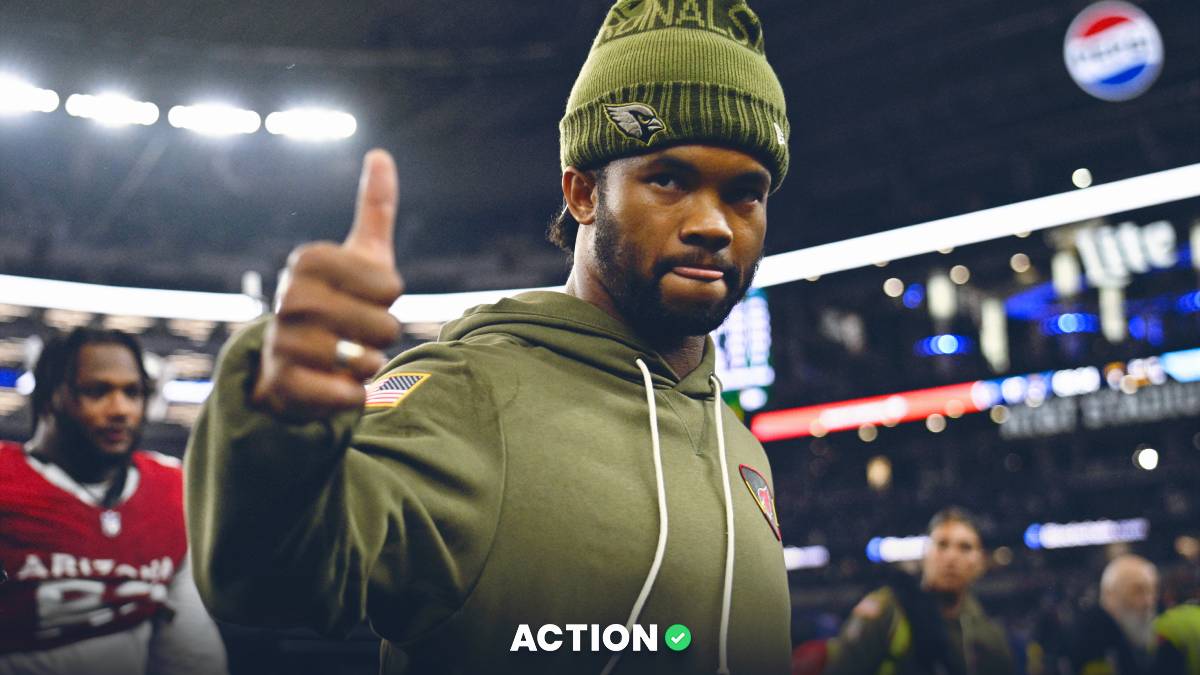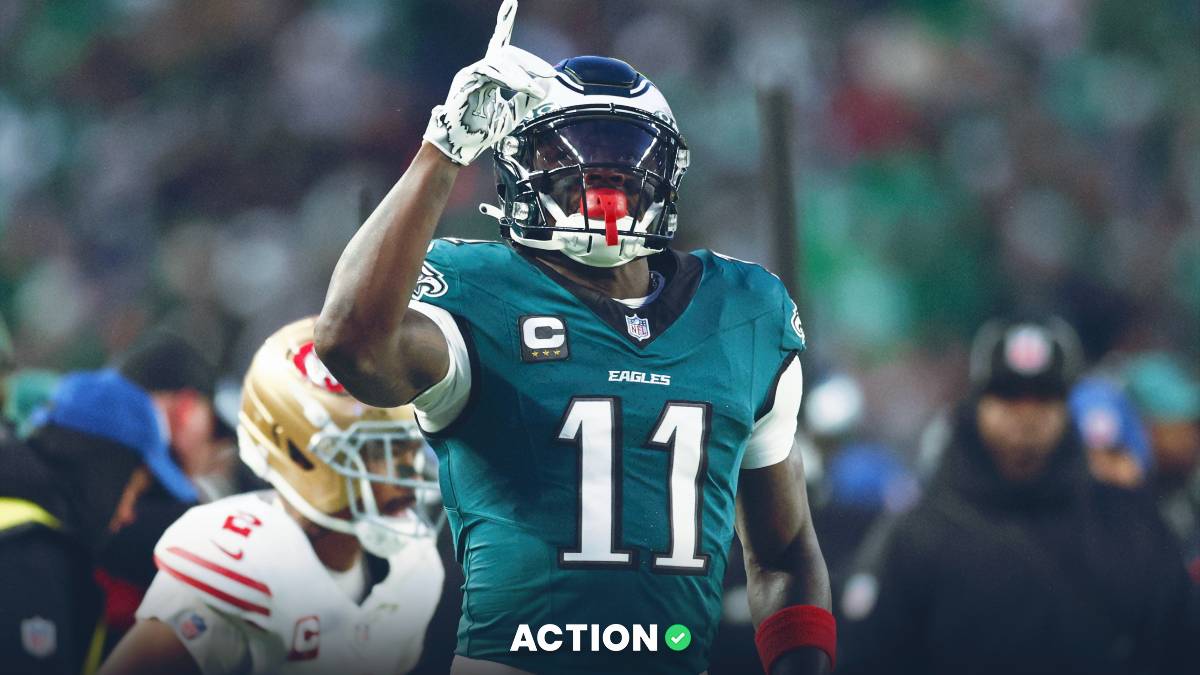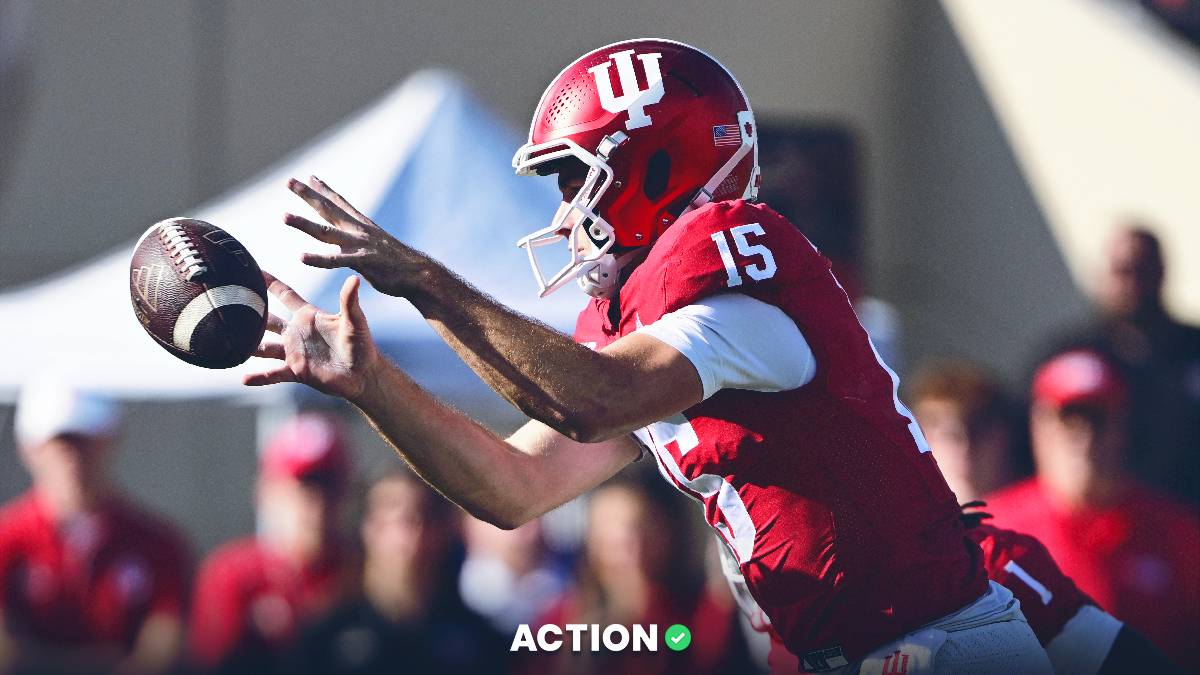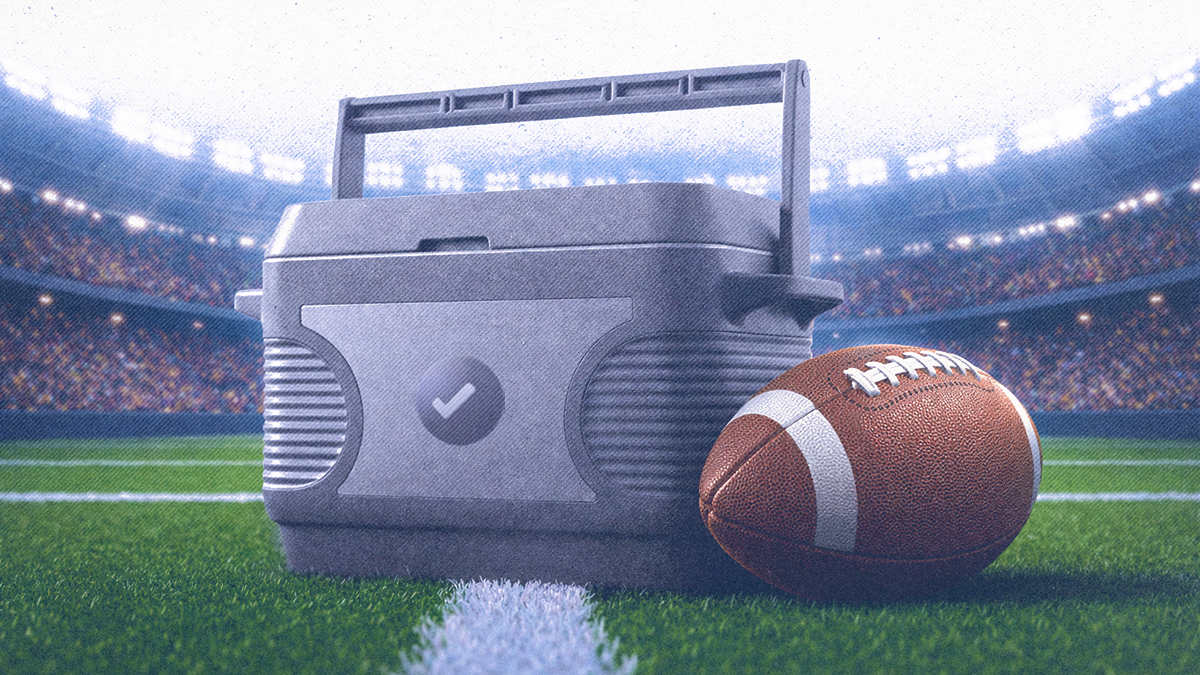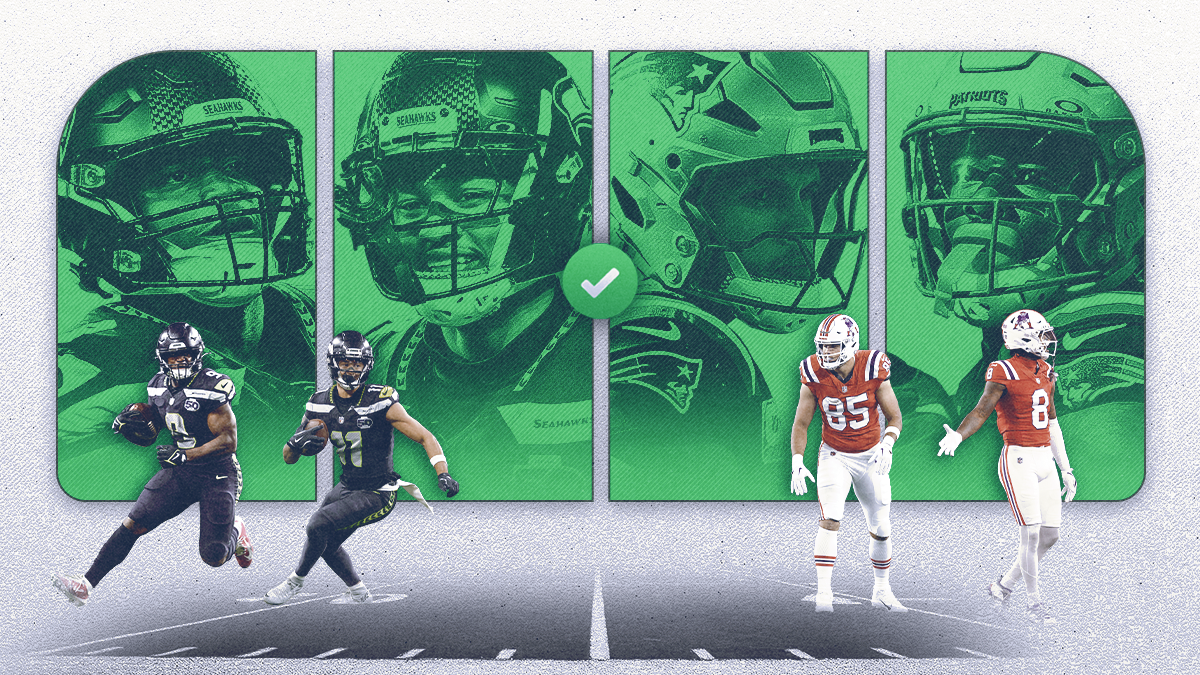This is a guest post by PoolGenius, the only site dedicated to helping you win more sports pools. Check out their picks and tools for football pick'em contests.
Introduction to Football Pool Strategy
To maximize your odds to win a football pool or NFL pick'em contest in 2024, your pick strategy needs to go deeper than simply picking the most likely winner of each game.
That approach will generally result in a decent score by the end of the season, but in many football pools, it doesn't give you the best chance to finish at the top of the standings.
In addition, the range of football pick'em contests available to play in 2024 is quite diverse, and the optimal pick strategy differs for each one. If you want to risk a lot for the chance to win a lot, you can enter large public pick’em contests that have entry fees of $1,000 or more. On the other end of the spectrum, you can play in smaller office pools or private pools and friends. You shouldn't approach those two types of contests the same way.
Along the same lines, some pick'em pools involve picking game winners, while others use the point spread. You might pick NFL games, college games, or both. Maybe your pool also uses confidence points, where you assign point values to your picks. The list of variations goes on, and these types of rule differences have a big impact on strategy.
In this article, we’ll first point out some key factors you need to consider to maximize your edge in all sorts of football pick'em contests, including both NFL and college football pools. Then, we'll conclude with a brief overview of the relevant tools and data we offer at PoolGenius.
Last year, 59% of our subscribers reported winning a season prize in a football pick'em pool, which is 4x the rate you would expect based on the size of their pools.
Picks For Big Contests vs. Office Pools
Pool size is one of the primary influencers of pick strategy for football pick'em pools. The more opponent entries you have to beat in order to win a prize, the more emphasis you need to place on differentiating your picks from the crowd, instead of just picking the better team.
Let’s start with an extreme example. If you're playing in a season-long NFL picking contest against only two friends, you should probably just pick the favorite in every single game. Risk avoidance may not be sexy, but it can be profitable when you only need to beat a very small number of opponents—especially when they are human beings prone to making irrational decisions, like picking their favorite team to win even when it's a sizable underdog.
By following this stupid-simple pick strategy, any time one of your two opponents picked an upset, you would be the favorite to gain ground on them in the standings. Put another way, one your two friends would need to pick upsets at a greater than 50% clip for an entire season to have the edge on you. Those odds aren't great, especially if they feel like they need to pick at least one or two upsets a week, which many pool players erroneously believe.
Bigger Pools Reward Calculated Risk Taking
On the other hand, let’s say you are in a 10,000-entry public contest with some huge prizes. Unlike in the two-friends pool, you may now have to beat 9,900 entries or more just to win a prize, and finish even higher (top-10 or top-20) in order to win big.
With that many entries in the pool, by dumb luck alone, the odds are far higher that several of your opponents will catch fire with their upset picks, even if they are being strategically silly and making too many of them. Just picking the favorite in every game is extremely unlikely to beat that small group of very lucky entries.
Facing many opponents, you need to embrace more calculated risk taking with your picks. For example, if you can find a modest underdog (e.g., a team with a 40% chance to win) that only 10% or 15% of your opponents are picking, that can be a very smart risk to take in a larger pool. You will lose that pick more often than you win it, but the 40% of the time it wins, you will gain ground on 85-90% of your opponents.
You will still need to get lucky and hit a solid percentage of those riskier gambits throughout the season in order to win a bigger pool. And in years when most of your calculated risks don't pan out, the downside will be tangible. You will likely finish much lower in the final pool standings than if you had just picked all the favorites.
However, the goal is not to do "pretty well" in football pools, which typically only reward elite finishes. The goal is to win a prize, and in a big pool, that requires an outlier-level performance. Taking more risks will increase your odds to win a big prize, say, once every ten years, and finish in the middle of the pack (or worse) the other nine years. That's a far better outcome than finishing in the top 20% every year but never winning anything.
It's worth noting that identifying the best risks to take with your picks requires reasonably accurate pick popularity estimates, so you can identify the highest value opportunities to pick against your pool opponents. Our Football Pick'em Picks product, linked directly below, has you covered there.
| Get Football Pool Picks Now |
|---|
| Football Pick'em Picks from PoolGenius |
| Season Discounts via Action Network |
| Free Trial Offer (Survivor, Pick'em, Betting) |
Season-Long vs. Weekly Prize Strategy
Along with pool size, the number of games included in a football pick'em contest also impacts pick strategy. Here are some examples of the total number of games you need to pick in some popular types of football pools:
- 272 games: Full NFL regular season contest (18 weeks)
- 140 games: College football pool (pick 10 games per week)
- 90 games: “Pick 5” NFL pool (pick any five games per week)
- 13-16 games = Single-week NFL pick'em pool
As those examples show, a single-week NFL contest that awards prizes based on one week’s results has by far the fewest total games impacting the outcome. On the other hand, a season-long NFL contest where you pick every game has the most total games to pick.
Generally, the more games that factor into a pool's final standings, the lower the leverage of each individual pick. Pools with more games to pick, especially if they are spread over many weeks like in a season-long NFL pool, also enable you to manage risk more reactively. You can start by playing conservatively, and take more gambles only if you start falling behind.
In single-week contests, though, you only get one shot at winning a prize, and one or two smart contrarian picks can mean the difference between winning and not winning.
Case Study: Two Upset Picks In A Weekly Prize Pool
Last year, Week 7 was a week with many projected close games, as 9 of the 13 games featured a point spread of 3.5 points or less. And in pick'em contests, the public took some strong stands on some of these close matchups.
Here is some relevant data for four key games that ended up deciding the week:
| Team | Opponent | Spread | Win % | Pick % |
|---|---|---|---|---|
| BAL | DET | -3 | 60% | 41% |
| DEN | GB | -1.5 | 53% | 27% |
| CHI | LV | +2 | 45% | 17% |
| ATL | TB | +3 | 42% | 17% |
In these games, each of the teams listed in the "Team" column at the far left was being underrated by the public. (We define "underrated" as having higher win odds than pick popularity, shown as "Pick %" in the table above.) Two of these teams (Baltimore and Denver) were actually slight favorites to win, while the other two teams (Chicago and Atlanta) were slight underdogs and riskier picks.
Based on combined win odds, you would expect to go 2-for-4 if you picked all four of the underrated teams in the table above, and also 2-for-4 if you picked all the overrated teams. But with a little luck, picking all the underrated teams and going 3-for-4 or even 4-for-4 would give you a huge advantage over your opponents. If all four of them won, based on the pick popularity numbers, you would get four picks right while your average opponent only got one right.
In fact, in a 100-person contest, you would probably be the only entry in the entire pool to pick the specific combination of Baltimore, Denver, Chicago, and Atlanta. Meanwhile, about 30% of your pool would have picked the opposite way in all four of those games. That's some fantastic pick differentiation, and well worth the risk of picking a couple slight underdogs.
All four of those teams ended up winning, and based on our recommendations, 33% of our subscribers in pools with weekly prizes reported winning a weekly prize in Week 7.
Of course, taking extra risk to differentiate your picks makes more sense when the pool standings are wiped clean every week, and the calculus is different in a contest with only a season-long prize. When each game matters a lot less in determining the final standings, it still may not be worth the risk to pick a two- or three-point underdog, even if it is underrated.
Point Spread Picks vs. Game Winner Pools
Whether your pool requires you to pick the straight up winner of each game or pick against the spread also impacts strategy.
In season-long pools based on game winner picks (and not point spread picks), selecting lots of big underdogs is a recipe for disaster. If you frequently pick teams with only a 25% or 35% chance of winning, your entry will nosedive straight to the bottom of the pool standings.
Point spreads, however, act as a great equalizer in NFL pick'em contests. Even if you know nothing about football, if the point spreads used in your pool are accurate (or "efficient" as nerdy sports bettors like to say), you should have as good a chance as anyone to get a pick correct. Even a big 14-point underdog should have the same chance to cover the spread as the 14-point favorite it is playing; that's exactly why point spreads were invented.
As it turns out, all point spreads aren't perfectly efficient, and as we explain below, there are other reasons why the spreads used in your pool may not reflect reality. Still, even if you are a successful NFL handicapper, your success rate at making correct point spread picks isn't going to be much higher than 55% over the long term—especially if you need to pick every single NFL game, and not just the ones that look most attractive to you.
As a result, it's often going to be harder for a skilled player to win a point spread based pool than a game winner based pool, and paying attention to key data like line movement and pick popularity becomes even more important.
| Get Football Pool Picks Now |
|---|
| Football Pick'em Picks from PoolGenius |
| Season Discounts via Action Network |
| Free Trial Offer (Survivor, Pick'em, Betting) |
Line Movement Creates Value In Spread Pools
The point spreads used by a pick'em contest are often set on Monday night or Tuesday, when the contest opens up for the next NFL week. Meanwhile, on account of breaking news like injuries or other factors, real-life point spreads frequently change by kickoff time.
By the time your pool's picks are due to be submitted, a game's point spread in your pool may differ significantly from the current point spread. For example, imagine that the 49ers are listed as a 10-point favorite in your pool, but by the time your picks are due on Sunday morning, the 49ers have moved up to being a 13-point favorite in the betting markets. In effect, your pool is now offering you a great price on the 49ers.
In spread pools, you should always look to take advantage of this kind of line movement value, especially in the early weeks of a season-long pick'em contest, and especially if the current spread for a team crosses key numbers like three and seven compared to your pool. For instance, let's say your contest is offering Patriots +8. But as the week progresses, the real-life spread moves to Patriots +6.5. In that case, picking Patriots +8 in your pool offers great value, since it's crossed the key number of +7 compared to the current spread.
Later in a pick'em contest, when time is running out and your positioning in the standings is more apparent, you may actually want to play against line value, to go contrarian and take the opposite side of a popular pick in your pool. However, figuring out where you can take advantage of "free points" in your spread pool is where it all starts.
Line movement value is also a big reason why submitting your picks at the last possible moment is always a good idea. In spread based pick'ems, you don't want to be caught on the wrong side of a significant line movement that happens late in the week, but after you submit your picks.
Pick Popularity Gains Importance As A Differentiator
Pick popularity, meanwhile, should be a bigger decision factor in point spread based contests, in which most outcomes are close to 50-50 propositions. In that sort of situation, catching a bit of luck while picking less popular teams can be your best chance to gain on your opponents.
Ultimately, you win football pools by getting games right that your opponents miss, so paying attention to how others are likely to behave is vital. It's even more essential in spread pools.
Strategy For Football Confidence Pools
In a fixed points pool, every correct pick carries the same value. In a confidence pool, you assign a specific number of confidence points to each of your picks, which can lead to differing rewards for you and your opponents even if you pick the same team to win.
A strategy factor to recognize in confidence pools is that in a 16-game NFL week, your top five picks (i.e., confidence ranks 12 to 16) are worth over half the possible points you can earn that week. Meanwhile, your bottom five picks (i.e., confidence ranks 1 to 5) are worth barely more than 10% of your weekly available points to score.
So even if you nail an unlikely upset pick, that stroke of good fortune won't actually deliver much of a benefit if you assigned it a low confidence rank.
In a season-long confidence pool, you can often win a war of attrition if you pay close attention to risk and mostly assign the highest confidence ranks to the biggest favorites. If your opponents are more haphazard with their approach, which happens often, you should move up the standings as the weeks pass.
In a weekly confidence pool, though, it often pays to focus on one or two high-leverage outcomes. Rather than make a bunch of upset picks with low confidence, concentrate on one or two bigger bets at higher confidence.
Finally, in season-long pools, using pick popularity to fine-tune your rankings of teams at similar risk levels can also give you some edge. For instance, if four teams all have similar win odds, assign the less popular picks the higher confidence ranks of the group.
Tools To Maximize Your Edge In 2024
A lot of factors weigh into strategy for football pick'em contests, and the picks that maximize your odds to win depend heavily on the characteristics of your pool. For most players, the biggest challenge is that it takes the right data and some sophisticated math to translate the concepts we reviewed in this article into the best game-by-game pick advice each week.
That's why we built our Football Pick'em Picks product. It's the only tool that customizes pick advice for football pools based on characteristics like your pool's size, rules, and prize structure. It also automatically imports the latest data, including betting odds and pick popularity, so you never miss an opportunity to exploit late-breaking opportunities.
The product supports all the most popular pool formats (e.g., NFL or college football, game winner or point spread, confidence or fixed points, "Pick X" or pick all games, season-long and/or weekly prizes), and generates edge-maximizing pick recommendations at the click of a button.
Good luck in your 2024 football pick'em pools, and just click the links below to check out the product and get some great discounts:
| Get Football Pool Picks Now |
|---|
| Football Pick'em Picks from PoolGenius |
| Season Discounts via Action Network |
| Free Trial Offer (Survivor, Pick'em, Betting) |


